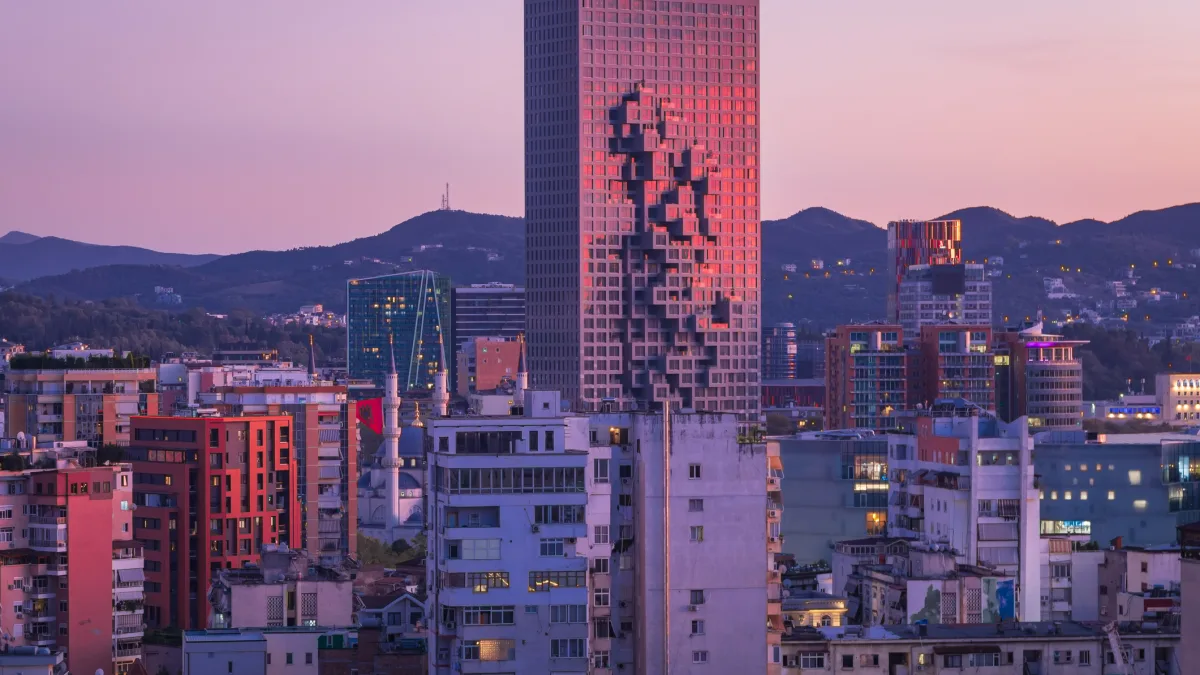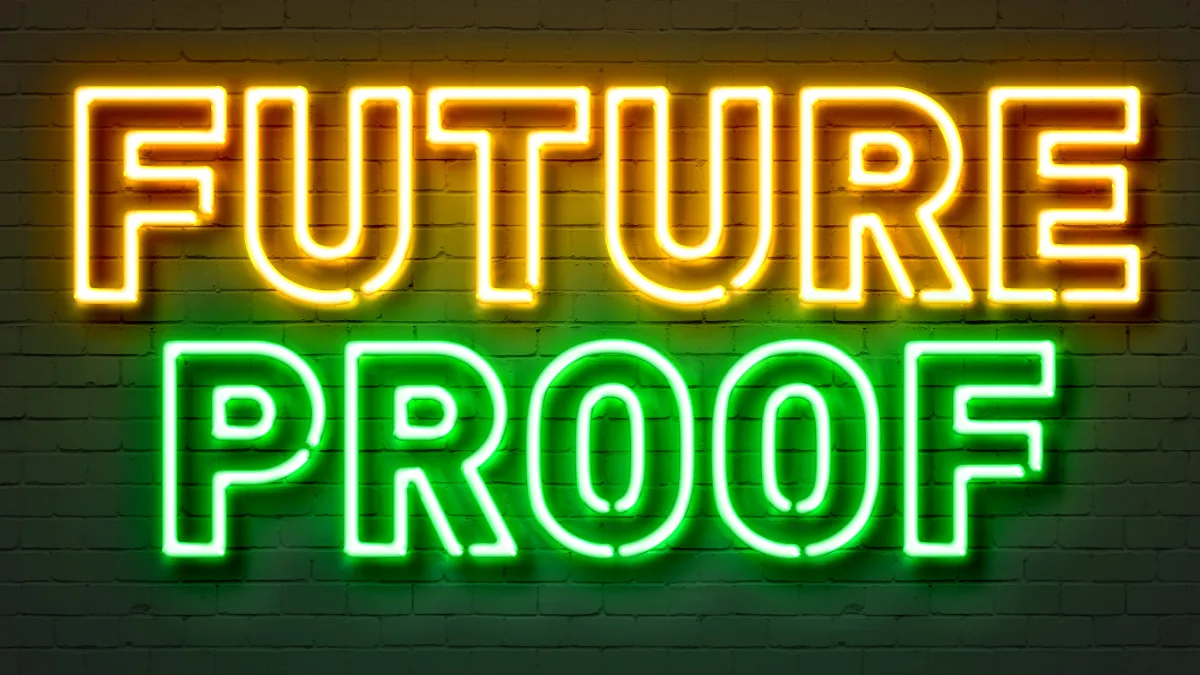We like to talk about identity as something fixed. Solid. Knowable. We introduce ourselves by what we do. We repeat the same stories. We defend old decisions. We build entire lives around an image—sometimes one we no longer even feel connected to. And then we wonder why reinvention feels so far away.
But identity isn’t the goal. It’s the starting point.
I’ve learnt—through personal experience and in every reinvention story I’ve ever worked with—that when identity becomes too rigid, it turns into a cage. It demands consistency even when your instincts are pulling you elsewhere. It asks you to keep showing up as someone you’ve outgrown, because that version made sense to someone, once.
And let’s be honest: the world rewards consistency. It makes people more comfortable. Predictable identities are easy to categorise. To sell. To follow.
But growth doesn’t come from predictability. It comes from motion.
The shift I see most often—and the one that feels hardest for many—is the move from identity to evolution. From asking Who am I? to asking Who am I becoming?
Because the truth is, you don’t owe the world a consistent version of yourself. You owe yourself the freedom to evolve.
That means letting go of the need to explain every shift. To justify every change of heart. To seek permission before trying something new. Reinvention doesn’t require an audience to approve your transformation. It requires you to trust your own timing.
Evolution can be unsettling
There’s a quote I keep coming back to, from Emerson: “Speak what you think today in hard words and tomorrow speak what tomorrow thinks in hard words again, though it contradicts everything you said today.” It’s an invitation to be fully alive in the present—not a museum of your former self.
And yes, evolution unsettles people. You’ll be misunderstood. Maybe even doubted. People who knew you ten years ago will be confused. But that’s not your burden to carry.
You don’t have to be the job title you started with. The country you were born in. The version of you that others feel most at ease with.
You’re allowed to shift focus. To change rhythm. To wake up one day and realise that what once defined you no longer fits—and that what excites you now is reason enough to explore it.
This isn’t a rejection of identity. It’s a reframe. Identity should be alive—responsive to the moments we live through, the values we uncover, the work we’re called to do next. The best identities aren’t fixed statements. They’re evolving stories.
The companies that endure, just like the people who stay relevant, are those who don’t confuse clarity with stagnation. They keep adjusting. Shedding. Stretching.
So if you’re feeling the discomfort of change—good. That’s where the edge of reinvention lives.
Let go of needing to be understood.
Let go of the idea that your next chapter must make perfect sense to everyone else.
And instead, lean into the question: What version of myself is trying to emerge now?
Because reinvention doesn’t ask for consistency.
It asks for courage.
Photo: Dreamstime.







